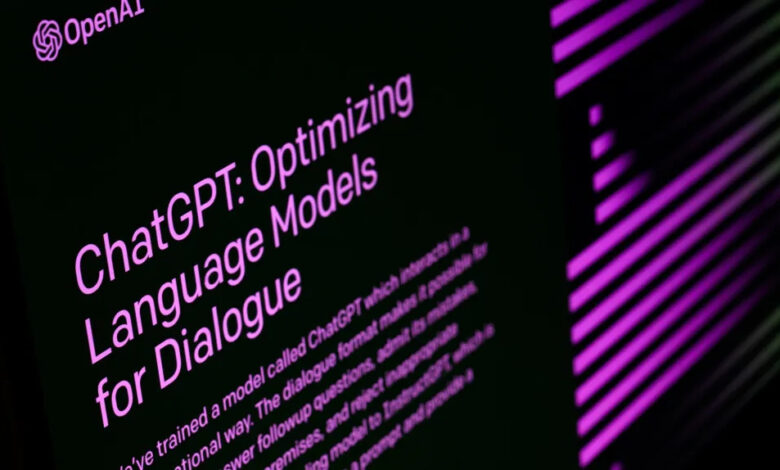OpenAI in 2024: Controversies, Challenges, and the Future of AI Innovation

In November 2024, the tech world was shaken by the tragic death of a 26-year-old former OpenAI researcher, Sucha Balaji. Found dead in his San Francisco apartment just eight days after being named in a lawsuit against his former employer, his passing raised many questions. Balaji had publicly voiced ethical concerns about OpenAI, alleging that the company engaged in practices that potentially violated copyright laws by using protected content without proper authorization. He warned that these actions could have negative repercussions for the broader internet ecosystem.
Officials ruled his death a suicide, but speculation online has persisted, fueled by the timing and Balaji’s whistleblowing history. This heartbreaking event is just one of several controversies that have clouded OpenAI’s year.
A Year of Challenges
2024 has been particularly tumultuous for OpenAI. Top executives have resigned, competition has intensified, and recent product releases have failed to meet expectations. The resignation of co-founder Ilya Sutskever and CTO Mira Murati highlighted internal struggles, which were further evidenced by strikes over leadership transparency and the company’s direction. These internal tensions have cast a shadow over OpenAI’s once-unified image.
Financially, the picture is no less dramatic. Operating ChatGPT reportedly costs $700,000 per day, with the company having invested billions in its development. Despite generating $3.7 billion in revenue, OpenAI expects a $5 billion loss this year, with some analysts predicting losses could balloon further in the coming years. While a $6.6 billion funding round—the largest in venture capital history—brought in cash, critics question the sustainability of such high expenses.
The Decline of AI Novelty
Generative AI, once a groundbreaking innovation, is now experiencing what some call “AI fatigue.” Products like OpenAI’s latest model, Sora, a text-to-video generator, have struggled to impress. Initial demos promised revolutionary capabilities, but the final release revealed shortcomings such as physics glitches and questions about training data integrity. Critics, including prominent tech reviewers, highlighted these issues, dampening enthusiasm.
Meanwhile, competitors like Google and emerging startups have started to close the gap, offering alternatives that outperform OpenAI’s offerings in certain areas. This increasing competition has raised concerns about OpenAI’s ability to maintain its market dominance.
Ethical and Structural Questions
OpenAI’s transition from a nonprofit to a for-profit entity has also drawn criticism. Originally founded in 2015 to create “safe and beneficial artificial intelligence for humanity,” the company’s shift to a for-profit benefit corporation has alienated some of its early supporters. Elon Musk, a founding member, has publicly opposed the move, even joining forces with Meta to challenge OpenAI’s restructuring plans.
Balaji’s whistleblowing and subsequent death have intensified scrutiny of OpenAI’s ethics and transparency. While there’s no clear evidence linking his allegations to the company’s recent struggles, his passing has cast a long shadow over OpenAI’s reputation.
Signs of Resilience
Despite these challenges, OpenAI continues to achieve breakthroughs. Its latest model, GPT-4o, demonstrated remarkable improvements in reasoning and problem-solving, outperforming human experts in coding and advanced mathematics tests. These advancements underscore the company’s potential to lead in AI innovation.
Investors, too, remain optimistic. Reports suggest that future funding rounds could value OpenAI at $150 billion, reflecting strong brand recognition and continued belief in its long-term potential.
The Road Ahead
As OpenAI navigates lawsuits, controversies, and financial challenges, the question remains: Has the company grown too fast, risking collapse, or is it simply too big to fail? The answer will likely depend on how well it addresses internal issues, ethical concerns, and increasing competition.
What do you think about OpenAI’s future? Share your thoughts below.
In case you have found a mistake in the text, please send a message to the author by selecting the mistake and pressing Ctrl-Enter.
https://techplanet.today/storage/posts/2024/12/31/C3iS1XcRQuEAkJZRkhrhVJfwMo5vwW3Cp3TchAzY.jpg
2024-12-31 01:01:47




